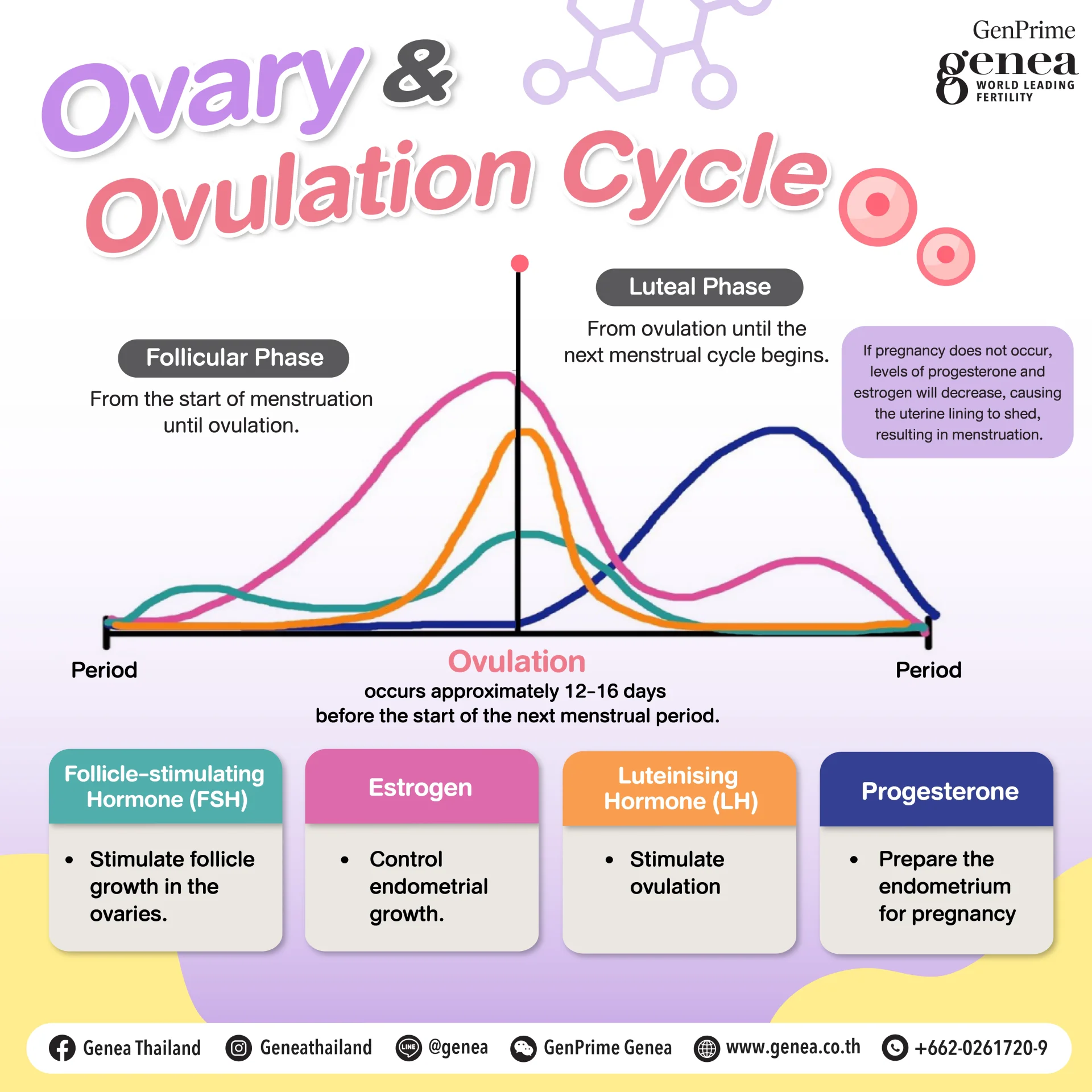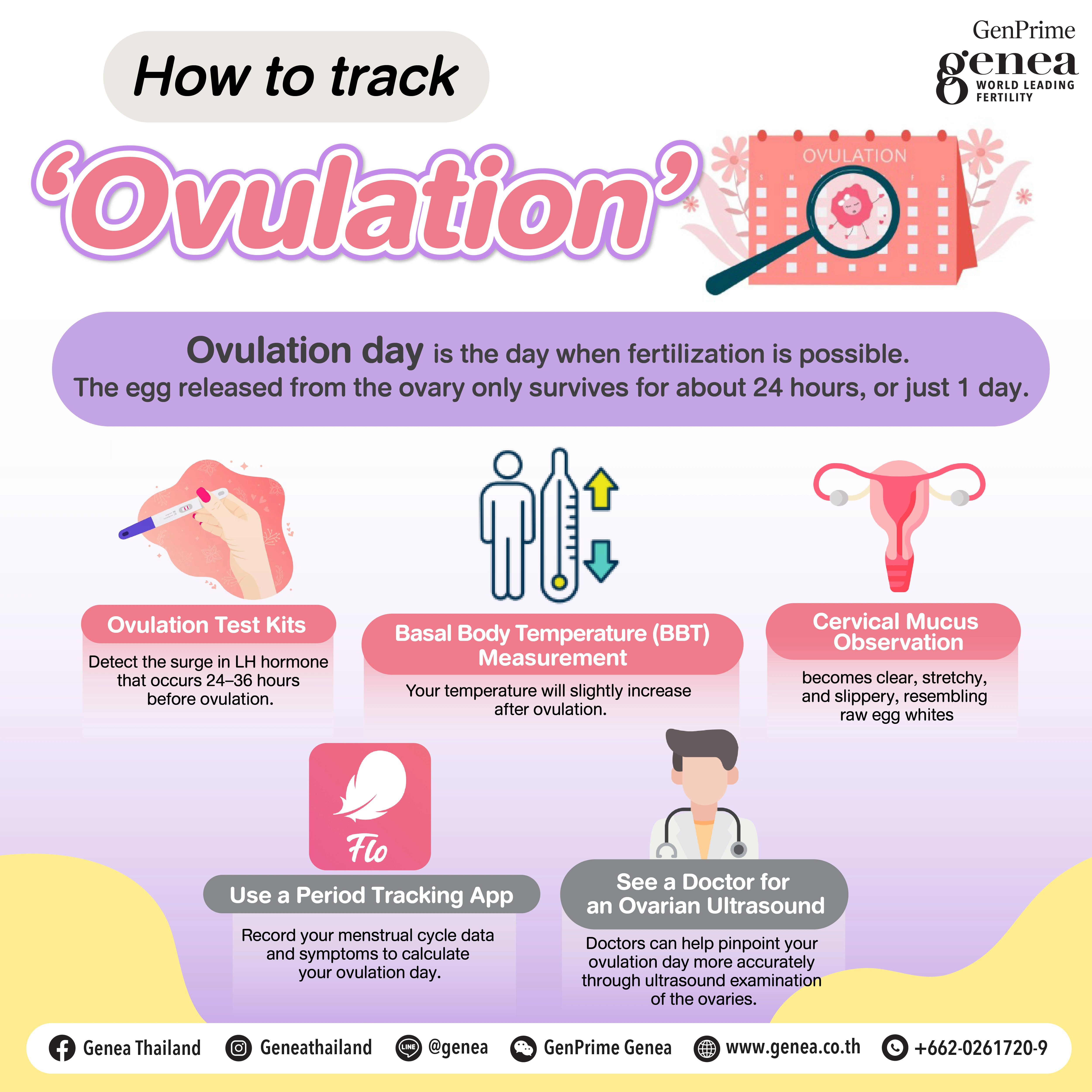Understanding Ovulation: A Key to Fertility Success

When trying to get pregnant, timing is EVERYTHING. But before you start tracking dates or downloading apps, it helps to truly understand one important thing: ovulation. Yes, that tiny window each month when your body releases an egg is kind of a big deal. Let's break it down together in a simple, stress-free way.
What is Ovulation?
Ovulation is the process where a mature egg is released from one of your ovaries. It usually happens once per cycle, around 12-16 days before your next period starts. Once released, that egg has only about 24 hours to be fertilized. If it doesn't meet sperm during that short window, the egg dissolves, hormone levels drop, and your body gets ready to start a new cycle (yes, it's the period).
During the first half of your cycle, also called the follicular phase, hormones like FSH and estrogen work together to prepare an egg for release. As ovulation approaches, LH (luteinising hormone) suddenly surges - kind of like a green light - and the egg is released. If fertilization doesn't happen, progesterone (another key hormone) drops, and your period arrives.

How to Track Your Ovulation for Better Pregnancy Planning
Now that we know ovulation only gives us a 24-hour window, it makes sense to want to catch that moment. Here are some ways to track ovulation that dont require a microscope:
- There are several ways to track ovulation, and you dont need to be a scientist to do them. One common method is using ovulation test kits, which check for a surge in the LH hormone in your urine. When the test is positive, it usually means ovulation will happen in the next 24 to 36 hours.
- Another option is tracking your basal body temperature (BBT). After ovulation, your body temperature rises slightly. If you measure your temperature every morning before getting out of bed, over time you'll start to notice a pattern.
- You can also pay attention to cervical mucus. Just before ovulation, it often becomes clearer, more stretchy, and slippery - a natural sign that your body is ready to conceive.
- Many people also like using ovulation tracking apps, such as Flo, which help predict your fertile window based on your cycle history and symptoms.
- And if youre working with a fertility clinic, your doctor might use ultrasound scans to monitor your follicles closely and pinpoint exactly when ovulation is about to happen - especially helpful if youre preparing for treatments like IUI or ICSI.
Causes of Irregular Ovulation (and Why It Matters)
Sometimes ovulation doesnt happen regularly. And if your cycles are unpredictable, getting pregnant might feel a bit like throwing darts in the dark. Here are some common reasons why ovulation might be off:
- PCOS (Polycystic Ovary Syndrome:
A hormonal condition where ovulation may be delayed or not happen at all. Its one of the top causes of infertility but can be managed. - Hormonal Imbalances
Too much or too little of certain hormones (like thyroid hormones or prolactin) can throw ovulation off schedule. - Stress or Underweight/Overweight
Our body can be picky. High stress, extreme exercise, or weight changes can affect hormone levels.
If your cycles are irregular and youre trying to conceive, don't panic. Talk to a doctor or fertility specialist who can help identify the cause and suggest next steps.
Ovulation Monitoring Before Starting ICSI or IUI
If you're planning fertility treatments like ICSI or IUI, ovulation tracking becomes even more important. Here's a quick summary to help you understand it better.
|
Why Its Important
|
ICSI
|
IUI
|
| 1. Timing | Precise timing needed to collect mature eggs. | Sperm must be placed near ovulation. |
| 2. Medication tracking | Ovulation is triggered and monitored by ultrasound. |
Natural or mild stimulation, still needs tracking. |
| 3. Maximizing success | Increases chance of retrieving healthy eggs. |
Boosts chances sperm meets egg at the right time. |
Whether you're trying naturally or with medical support, understanding ovulation is one of the most empowering steps you can take on your fertility journey.

At Genea, we believe that informed choices lead to better outcomes. That's why we're here to support you with knowledge, care, and tailored solutions-every step of the way. With over 30 years of experience, Genea is trusted for it's world-class lab technology, success rates that consistently exceed global benchmarks, and a team of highly trained and compassionate fertility specialists. We're here to guide you-step by step-with clarity and heartfelt care thats built on real results.


